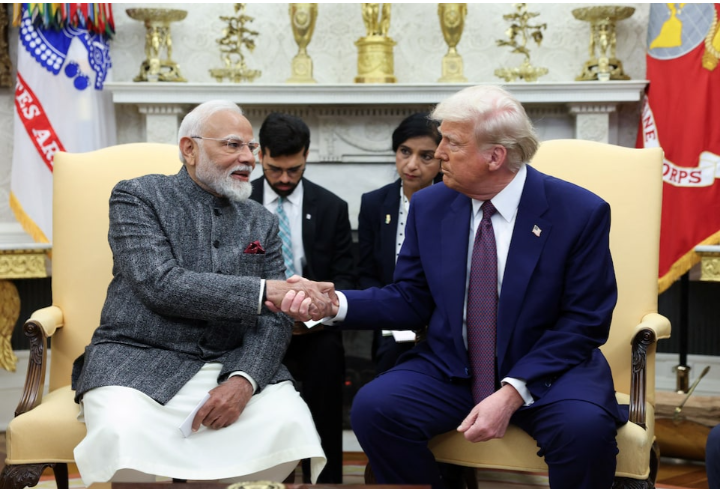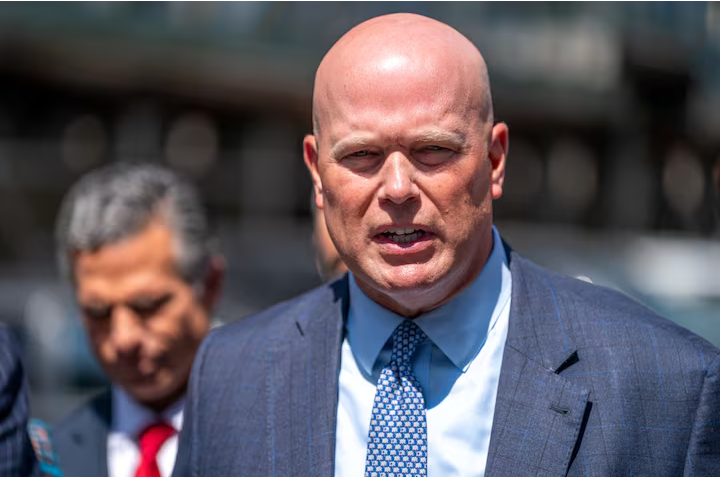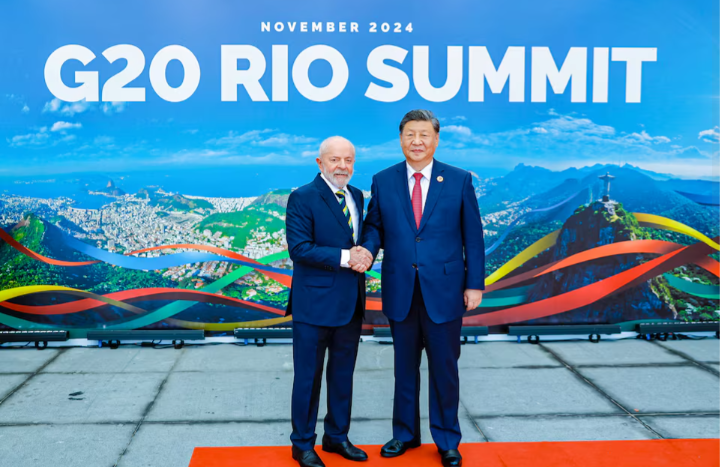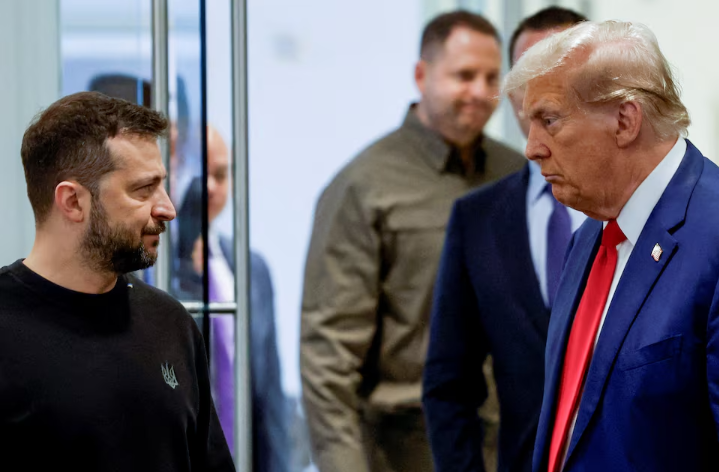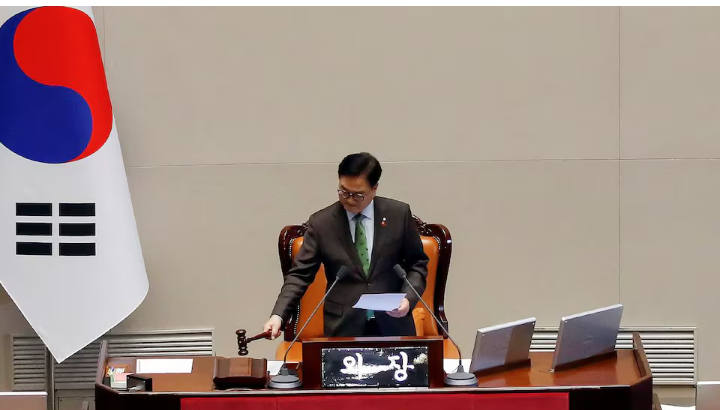In a high-stakes meeting at the White House, U.S. President Donald Trump and Indian Prime Minister Narendra Modi agreed to initiate trade negotiations aimed at resolving escalating tariff disputes. Trump, who has previously labeled India as the "tariff king," criticized the nation's high import duties, asserting they unfairly restrict U.S. market access. In response, Modi proposed reducing certain tariffs and increasing India's imports of American oil, gas, and military equipment, signaling a willingness to address U.S. concerns.
The leaders set an ambitious goal to resolve key trade issues within seven months, with a shared vision to double bilateral trade by 2030. Discussions also encompassed enhancing defense cooperation, including potential sales of F-35 stealth fighter jets to India. While formal processes for such deals are pending, both sides expressed optimism about strengthening military ties.
Despite the cordial atmosphere, Trump maintained a firm stance on implementing reciprocal tariffs to counter what he perceives as protectionist policies by countries like India, the European Union, and Japan. He announced plans to impose tariffs mirroring those levied on U.S. exports, aiming to level the playing field for American businesses. These measures are expected to take effect on April 1, targeting nations with significant trade surpluses or restrictive trade practices.
The announcement of potential reciprocal tariffs has elicited mixed reactions globally. Critics argue that such measures could lead to increased costs for American consumers and provoke retaliatory actions, potentially igniting a global trade war. However, proponents believe these steps are necessary to address longstanding trade imbalances and protect domestic industries. Investors showed cautious optimism, with U.S. stock markets responding positively to the delayed implementation timeline.
Beyond trade, the leaders discussed broader geopolitical issues, including security cooperation in the Indo-Pacific region amid China's growing influence. They also addressed India's ongoing relationship with Russia, especially in the context of the Ukraine conflict, and emphasized the importance of collaborative efforts to maintain regional stability. Both Trump and Modi reaffirmed their commitment to strengthening the U.S.-India partnership, recognizing its strategic significance in the evolving global landscape.

